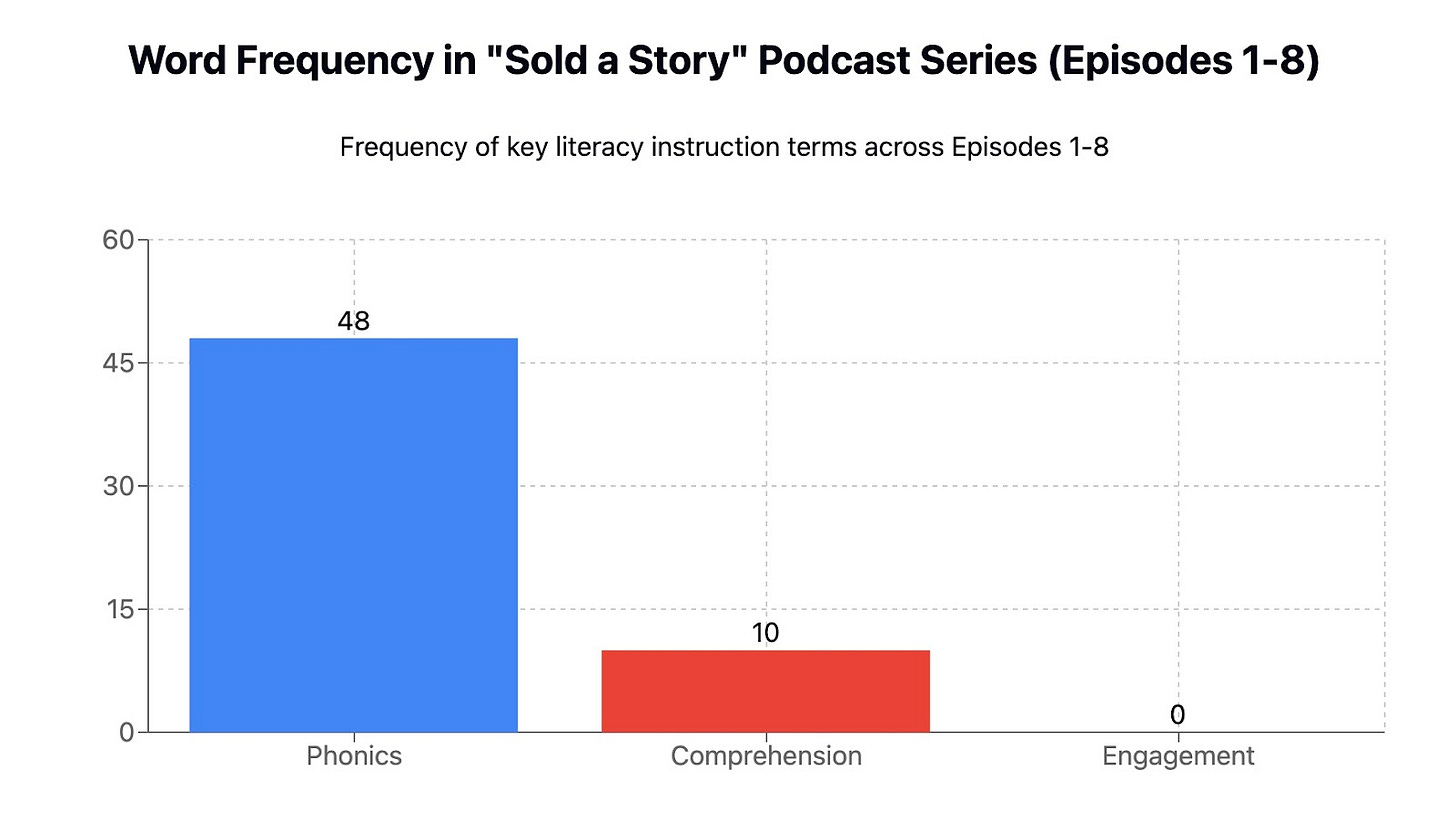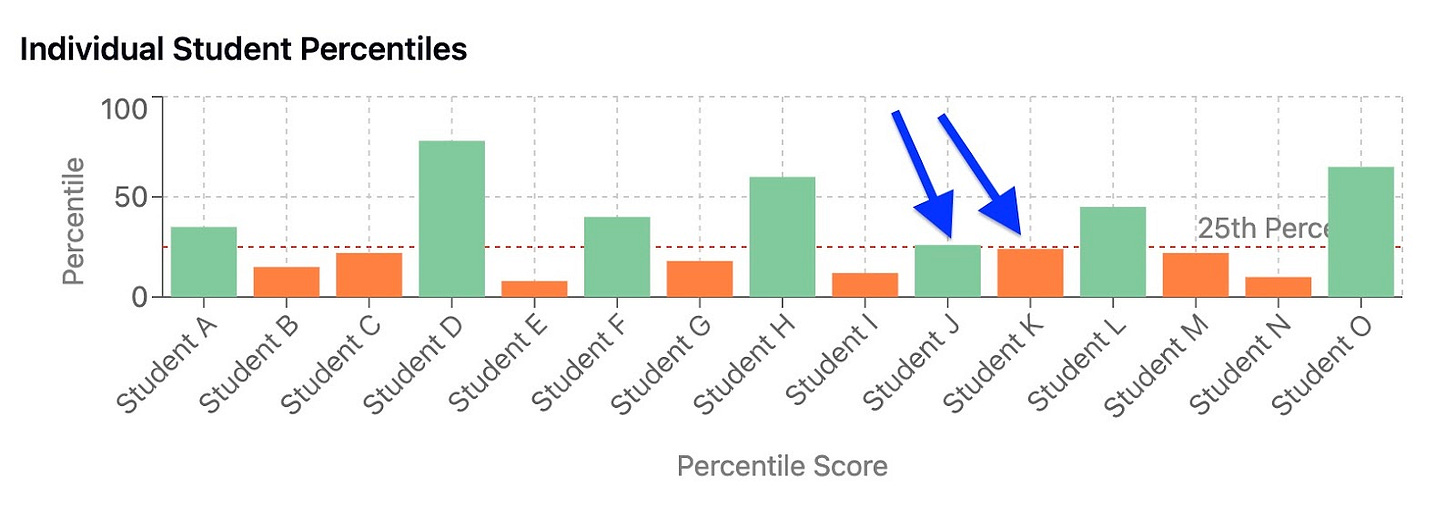As an elementary school student, my journey to becoming a reader got off to an inauspicious start.
I struggled to attend to my teachers’ instruction, evident by comments in my report cards. My clearest memory was from 2nd grade. I was initially placed in the highest reading group. But apparently too many instances of dragging my basal reader to guided reading, half-completed worksheets falling out of the text, eventually got me demoted to the middle-of-the-road group.
What students remember from their early literacy experiences in school has as much to do with their identity as a reader as any lesson or resource. Status, affiliation, and the adults’ expectations of their students all influence how kids see themselves. The conditions and environment for learning don't get the same attention as skills, strategies, and resources in discourse around effective literacy instruction. Maybe they should.
I don't blame teachers for the lack of these situations. Larger systems, notably standardized testing and reading legislation, create similar conditions for educators.
A key influence on education is certain media organizations crafting simple and incomplete narratives about why reading challenges persist. A clear example is the promotion of a phonics-first agenda by Emily Hanford in her Sold a Story podcast series.
In the first eight episodes, the word “phonics" was referenced 48 times. “Comprehension” - a primary goal of reading - was only referenced 10 times. “Engagement”? Zero.
This message about reading was absorbed by caring parents and committed educators. Politicians in many states were presented with almost identical language for legislation that mandated screening tools that only measure oral reading fluency. Comprehension is not an outcome that counts until standardized testing begins in 3rd grade. Student engagement in reading has become a victim of this initiative. I’ve been in schools where classroom libraries were collecting more cobwebs than readers.
How has this hyperfocus on foundational reading skills impacted our students and schools?
One immediate outcome: In Wisconsin, with one assessment, students are put on personal reading plans if they don't reach at least 25% proficiency. Teachers are tasked to administer a battery of follow-up diagnostics without additional time or support. Parents are surprised and concerned by these designations when they receive the letter in the mail. The students? To my knowledge, no one is asking them how they are feeling about this shift.
If the perspective of the reader were of interest to an educator, a good place to start inquiring would be to interview students who scored just below the threshold and received a reading plan.
A teacher or principal could ask kids how they felt that day of the assessment. Did they sleep well the night before? Were they hungry that morning? Was anything distracting them? Little influences like this could have negatively affected the outcomes vs. a peer who just made the cut. I can think of a dozen more factors that have nothing to do with reading. They are probably just as good of a reader as the student who scored just above the 25% percentile.
The point I am attempting to make here is that these conditions, these rules currently in place in our schools were created by people. People are prone to error. Nobody has a monopoly on everything that needs to be known about literacy instruction. I hope this awareness gives you a little more confidence to be a positive influence in your kids' lives, no matter how small. Every action we take toward creating the conditions for building readers makes a difference.
Engagement Practices/Questions
Instead of sending home reading logs to be signed by the family, how could you transform this accountability tool into a dialogue journal between home and school?
When reviewing student data for small group instruction, how could you place students based on their strengths and interests while still providing them with what they need?
What would happen if students completed the comments for their own report cards?
Relevant Resource
For next week’s Monday Morning Memo, I will be providing a tool for educators to assess their students’ identities as readers. If you are not already subscribed, sign up today to receive this resource and all future posts.






Matt,
Great and important post! First of all, I love that you shared your own report card from early elementary school along with "What students remember from their early literacy experiences in school has as much to do with their identity as a reader as any lesson or resource." So true! Also, your comments on SoR regarding its massive attention to phonics compared to scant focus on comprehension and no attention to engagement are disturbing Your suggestions for inviting students into the reading process are very useful and necessary.
With admiration, Regie
Thank you for always reminding us about what matters: the student who is reading and their engagement in and motivation for reading.